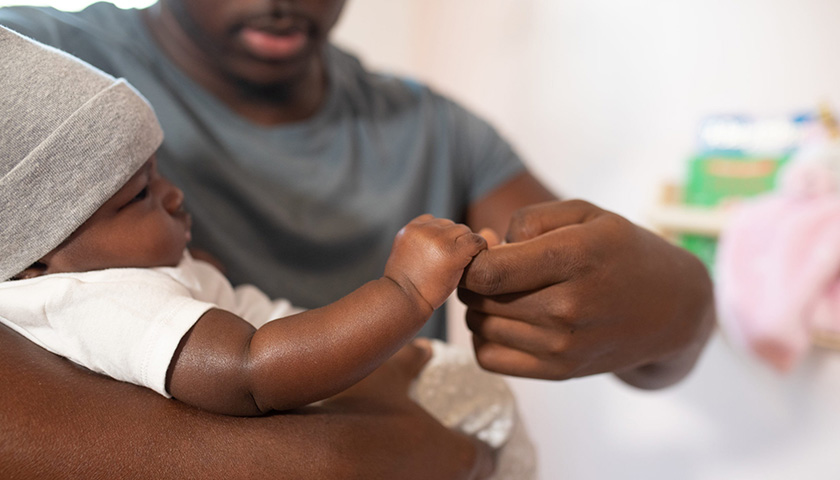Through a program including physicians and community partners, Ohio Medicaid plans to invest $5 million over the course of the coming year in an effort to improve the general well-being of mothers, newborns, and families.
Governor Mike DeWine stated in a news release that the goal of the community-based statewide program is to establish a framework for providers and community partners to collaborate on the development of a person-centered, customized intervention to support women and families who traditionally lack access to high-quality care before and after pregnancy.
“Giving all Ohioans the best possible start at life truly begins before a child is even born and that means ensuring the child’s family has access to the resources they need. Personalized access to those supports from trusted community partners and high-quality, responsive care that focuses on patients lead to better, healthier outcomes for mothers, babies, and their families,” DeWine said.
The Comprehensive Maternal Care (CMC) initiative aims to enroll 77 practices that presently provide care for pregnant and postpartum patients, reaching 14,000 patients in its first year.
The announcement was well received by organizations like Groundwork Ohio, a nonpartisan public policy research organization dedicated to children’s early learning and healthy development.
“We are thrilled with this intentional investment in moms and babies designed to improve their care and their health outcomes by engaging both providers and community-based partnerships. Moms know best and their input is essential to eliminating the state’s abysmal infant mortality and maternal morbidity rates. We enthusiastically support CMC’s requirement that providers utilize strategies that incorporate patient feedback to improve their experience and reduce disparities,” Shannon Jones, Groundwork Ohio’s President & CEO said.
The initiative would provide financial incentives for providers of maternal care to meet patient and family needs across the whole reproductive cycle, including pregnancy, delivery, and postpartum.
In order to take part, doctors must assess patient outcomes and interact with families and patients through advisory councils or other channels to get their first-hand experiences of how patient access to care, cultural competency, and communication styles affect patient outcomes.
Additionally, participating doctors must use pregnancy risk assessments to quickly identify women in need of a first prenatal appointment and ensure timely access appointments and services needed, engage community supports and evaluate the mother’s and family’s experiences throughout treatment, ensure patient involvement and care continuity with their providers, and formally asses practice strengths and patient needs annually to ensure resources, and best practices available are employed and achieving healthier outcomes
“Ohio Medicaid and our vision for the Next Generation of care commits to delivering a personal care experience to every Ohioan served. The CMC model builds on that commitment by encouraging providers and communities to partner on building a trustworthy and comprehensive system of care for members,” Ohio Department of Medicaid (ODM) Director Maureen Corcoran said.
– – –
Hannah Poling is a lead reporter at The Ohio Star and The Star News Network. Follow Hannah on Twitter @HannahPoling1. Email tips to [email protected]





